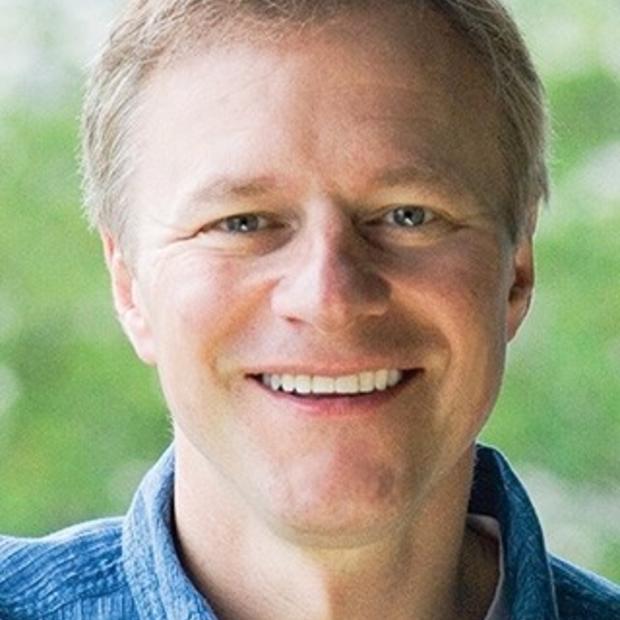Go back a year ago. With all seven Seattle City Council races coming up the following November, informed observers debated whether the council was going to swing toward the center or remain on the liberal-left side of the spectrum. Tim Eyman was talked about in the past tense: a one-time policy entrepreneur accused of being a scam artist, sagging on the ropes and headed for a fall, courtesy of Attorney General Bob Ferguson. And anti-Trump resistance continued to percolate, with progressives and never-Trump Republicans wondering whether widespread political realignment leading to Democratic dominance for years was possible.
It is now a year later and here is what we know.
Seattle voters did not push their city council toward center. Nor did they opt for the status quo. They instead voted for an even more progressive majority. I don’t know anyone who was predicting that a year ago. So emboldened are incoming council members that they might return to the “head tax” wars of yesteryear, which touched off a citizen revolt and prompted the council to repeal its own ordinance six weeks after enacting it, lest it face a voter referendum. The next council doesn’t appear to have this fear. Voters might actually approve it.
But voters outside Seattle evidently weren’t in a progressive mood. They decisively voted yes on Initiative 976 and $30 vehicle license tabs, bringing Tim Eyman back to the center of the ring, hand aloft in victory. I don’t know anyone who was predicting that a year ago.
There are 49 legislative districts in Washington, and I-976 passed in 35 of them, losing in only 14. This happened in a state where Democrats control the Senate 28 to 21. Post-election resentment began rising after King County rushed to court to get an injunction to indefinitely delay the measure and allow government to continue collecting tabs at the current rate. Most decision makers around the county don’t sense this anger because they don’t see it; King County, after all, voted down the initiative by nearly 20 points — Seattle, even more emphatically. But the anger is out there. When the people voted for $30 tabs 20 years ago and the courts struck it down, then Gov. Gary Locke quickly called a special session to enact the initiative into law. Gov. Jay Inslee, with a more liberal Legislature, doesn’t seem remotely interested in doing that. Meanwhile, the anger builds.
A more direct repudiation of the Legislature came with the rejection of Referendum 88, which would have returned racial preferences to affirmative-action programs in college admissions and government employment. Democrats passed it handily in both Houses just six months before the election, but it lost 34 of 39 counties and in 30 legislative districts. This, despite a huge fundraising advantage in the campaign’s final month, a ballot title that obscured the central purpose of the initiative and a massive turnout by pro-R-88 voters in Seattle.
Thirty-one years ago, in a bid to return to the U.S. Senate, Slade Gorton became the first candidate to win a statewide election while losing King County. In 2012, Kim Wyman, then running for secretary of state, became the first candidate to win statewide while losing King County by 20 points, squeaking by with less than 1 percentage point. This year, R-88 lost King County by 26 points and won statewide by more than 1%. I-976 lost King County by more than 19 points and won statewide by 6 points.
This is the first time the state voted one way on two ballot measures while King County, home to one third of its electorate, voted decisively the other way. A statewide campaign can now lose King County by 20 points and still prevail. I don’t know anyone who was predicting that a year ago.
For generations people talked about “the Cascade Curtain,” which divided the conservative central and eastern side of Washington from the more moderate-to-liberal western side. Today, that political curtain divides most of Washington (with several progressive outposts) from its largest county, which is defined by a politically robust left-wing city and moderate-to-liberal cities and suburbs.
What does it mean going forward? It means that liberal ideas are still safe in most of King County and left-wing ideas are viable options in Seattle. But outside the county, it is conservative ideas — tax and spending limits, a rejection of any income tax, law-and-order policies and the defiance of politically correct orthodoxy, such as Seattle’s homeless policies — that are on the rise.



